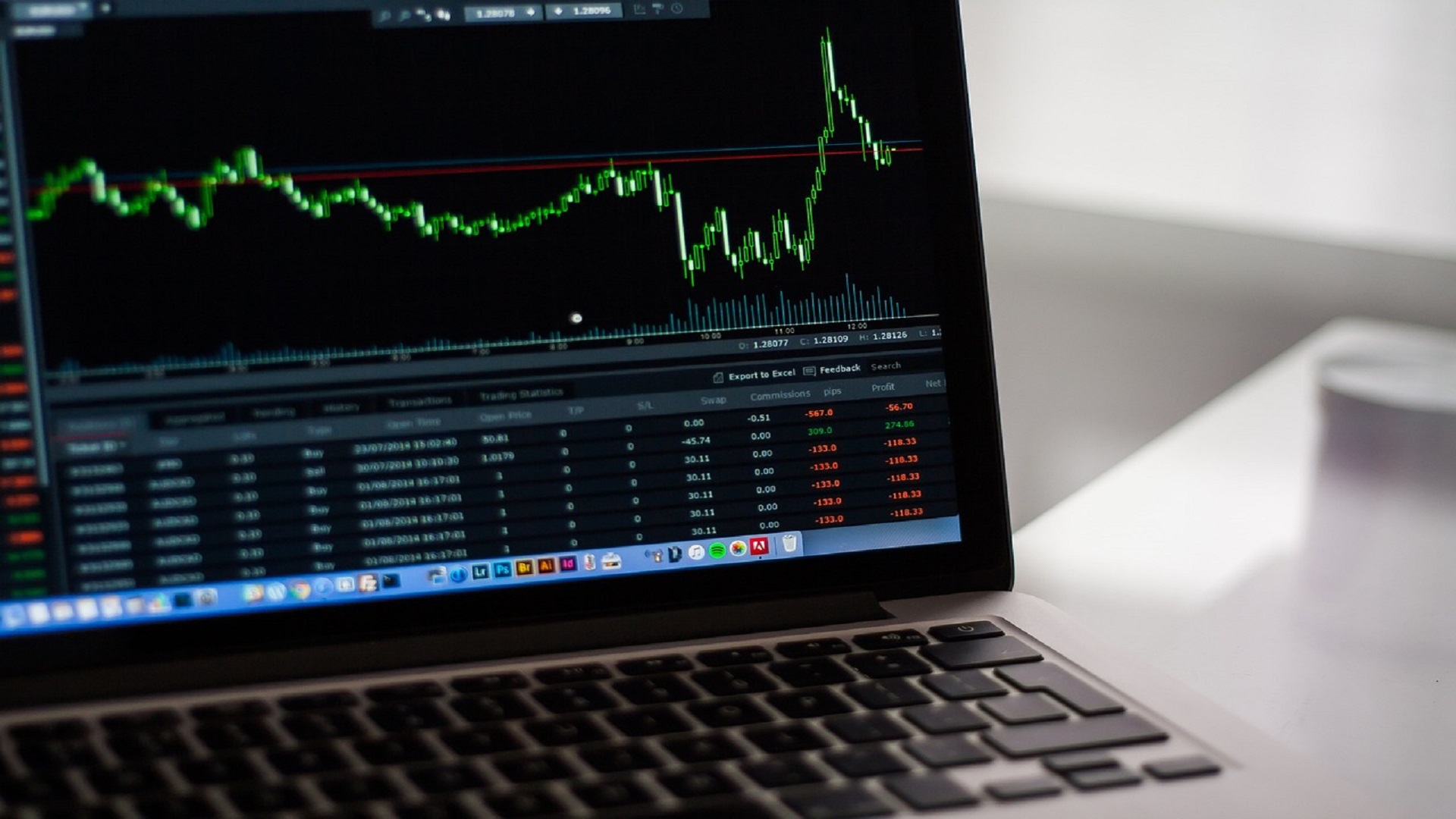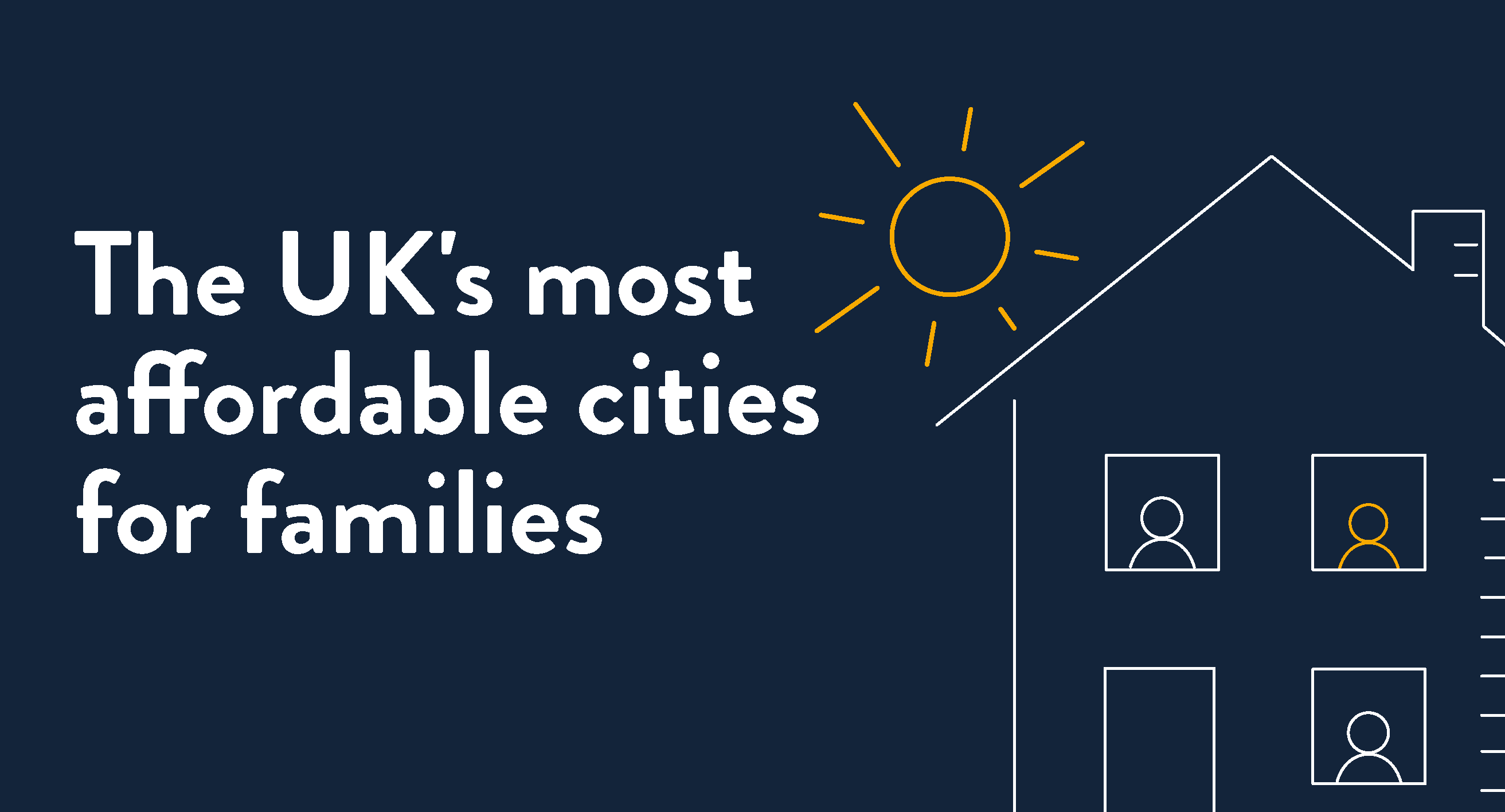
If you find it hard to get motivated in the morning or you feel tired in the afternoon, it could be due to what you eat. The food that you eat can have a significant impact on your energy levels and eating too much of the wrong food can make you feel fatigued and lethargic.
When you’re tired, you can also become more susceptible to illness and your mood can be negatively affected.
Eating well can boost your energy levels. Keep reading to discover the best foods for energy.
Complex carbs supply your body with steady energy levels
Complex carbohydrates release glucose into your blood gradually, meaning you benefit from a steady supply of energy. Complex carbs are also a great source of fibre and may also reduce the risk of some cancers.
Make sure your diet includes oats, pulses, nuts, seeds and wholegrains. For example, eat wholewheat pasta or brown rice instead of the white equivalents.
Start your day well
Eating a good breakfast can reduce cravings later in the day and encourage healthier food choices.
Your breakfast should include complex carbohydrates (see above) and a helping of protein. This will give your body all it needs in terms of energy and kick-starts your metabolism so you start burning more calories earlier in the day.
A good breakfast could include wholemeal toast, oats and eggs. Eggs are a great source of protein and rich in B-vitamins which your body uses to convert food into energy.
Eat plenty of fruit, vegetables and nuts
Many fruits and vegetables are high in natural sugars and can provide a healthy boost of energy when you need it. Fruits are also high in fibre which helps to keep your blood sugar levels steady.
If you’re not a fruit fan, consider blending them into a smoothie. Blueberries can help you to focus, strawberries are high in vitamin C, and the magnesium in yogurt can help your body regulate the release of energy.
Nuts such as cashews, almonds, and hazelnuts are also high in magnesium. They’re also full of fibre and protein to stave off hunger. If you need a snack during the day, eat a bag of mixed nuts or trail mix for an energy boost.
Many green vegetables are high in B-vitamins, which naturally support healthy energy levels by turning food (carbs) into fuel (glucose).
Get plenty of iron
Iron is the main component of energy production in your body. However, according to the National Diet and Nutrition Survey, four in ten women aged 16-24 and almost half (44%) of girls aged 11-15 have low iron levels.
An iron deficiency can contribute to fatigue and tiredness. So, make sure you get enough iron in your diet. Green vegetables are an excellent source of iron, particularly spinach which you can add to your smoothie or sandwich for a great energy boost.
Snacking is good
If you eat fewer, larger meals then it’s quite possible that you find yourself running out of energy. This is because once you’ve eaten a meal full of carbs, sugar and fat, your brain tells your body to slow down and to digest the food – leading to less energy.
If your meal included white bread, pasta or other simple carbohydrates then your body will also be dealing with higher levels of melatonin and serotonin, both chemicals associated with drowsiness.
Eating smaller amounts more often helps to keep your blood sugar levels steady. It also means that energy is released gradually, rather than in one go.
Being more aware of what you put in your body can make a huge impact to your energy levels. If you are constantly feeling fatigued and lethargic sit down and review your diet and think about how you can ensure you are putting the right things into your body.


